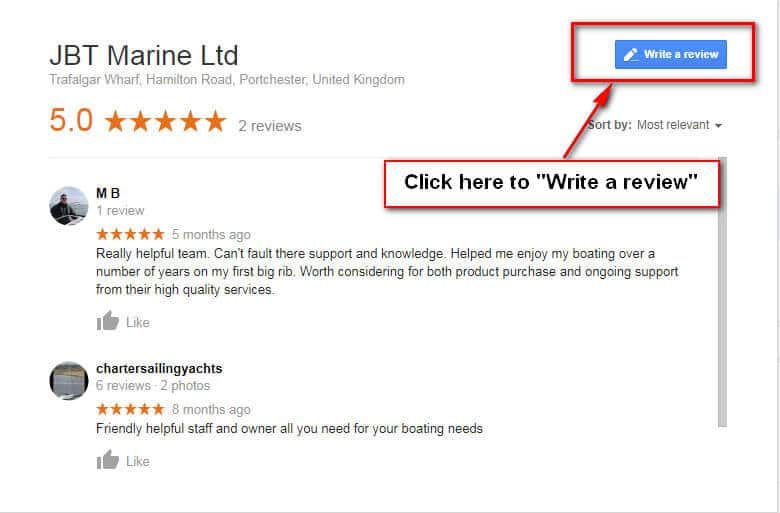Your Ballistic RIB is designed with easy to clean GRP and tubes. However, the marine environment can be harsh on boats and outboards. Salt water, sun exposure, humidity, air pollution and temperature can all have an effect as can fuel quality, which varies around the globe, loads and running speeds.
There is plenty you can do to keep your RIB in tip top condition, and your equipment running smoothly to prevent unwanted time off the water.
It is essential to service your RIB and engine to reduce the chances of wear and tear, or unexpected equipment failure.
1. Service your RIB and engine
This will ensure all warranty issues are covered and guarantees maximum re-sale value. Maintenance. To ensure everything remains in first class order.
- Book up early with your local RIB and engine dealer for servicing
- Try to avoid the peak periods so you do not lose time afloat
- Follow the manufacturer’s recommended service intervals
2. Pre-use checks
Follow our list of simple checks to carry out before each trip, to ensure a trouble-free use out on the water:
- engine oil level and colour
- fuel systems leaks – look for signs or smells of fuel or oil
- fuel levels – Remember 3,3,3 – one third out, one third to return, one third spare fuel
- fuel shut functions freely, and turned to ON
- bilge pump and drain plug
- bilges for signs of fuel or water leaks
- battery levels
- ensure battery connections are clean and tight
- battery isolator working and switched on
- check propeller for damage
- remove any debris
- prop nut torque
- anode
- electrics, wiring, electronics gauge checks
- function of in gear start protection
- operation of kill cord
- engine stops when key is turned off
- steering system functions, bolts secure and no visible leaks
- anchor, lines, 1st aid, fire extinguisher and safety equipment
- VHF operating
- charts, tide and weather info
3. After each use
Give your boat a good wash to reduce the chances of corrosion and wear and tear
- flush the engine through with fresh water (NOT soapy) to help prevent internal corrosion
- wash the RIB with fresh water (soapy if available) after each use
- wash the power trim and tilt unit – it has a lot of contact with the water
- use a normal hose pipe or bucket and sponge
- never use high pressure cleaning equipment as it is likely to damage the boat
- the GRP hull should be regularly washed to remove any marine growth
- if your boat lives in a marina or on a mooring take it out regularly for a wash
- avoid abrasive solvent or chemical products for cleaning the tubes
- speak to your local dealer for tubes cleaner recommendations
- ensure the bilges and drain plugs are clear of debris
Arranging a professional valet service for your boat, is a great way of keeping it in tip top condition inside and out.
4. Spares and equipment
It is always worth carrying some basic spares and tools
- RIB keys
- Kill cord
- Fuel
- Hand held radio / GPS
- ICC Certificates of competence, copy of insurance document
5. Cover her up!
We are all told to wear sunscreen to avoid the UV effects of the sun. If you are keeping the boat outside, invest it a top cover for your boat protect your boat from wear and tear and debris.
Alternatively, think about storing your boat in a covered Drystack.
Maintenance costs:
Boat servicing – Anticipate approx £500 per year. This will include general up-keep, repairing breakages, cleaning, getting ready for the season and putting to bed for the winter.
Engine servicing – Anticipate about £2 per horsepower. For example, a 250hp engine will cost around £500 for servicing per annum.

